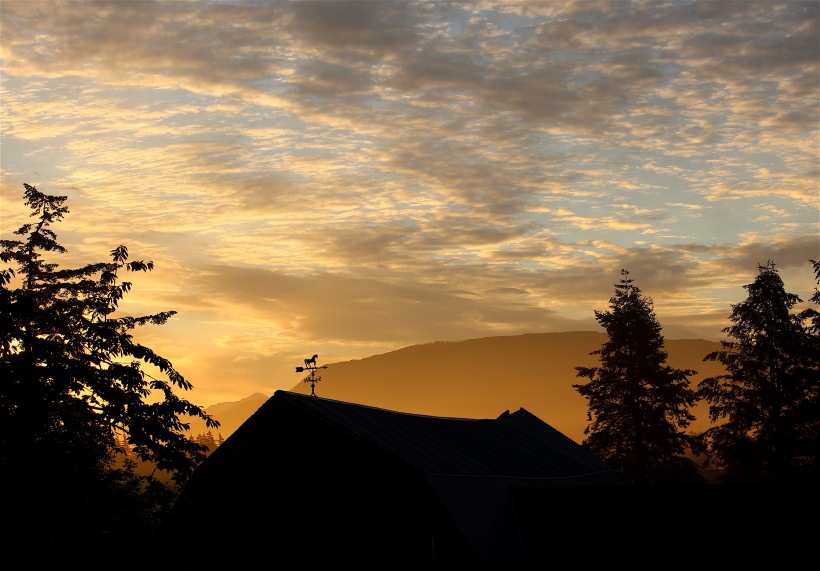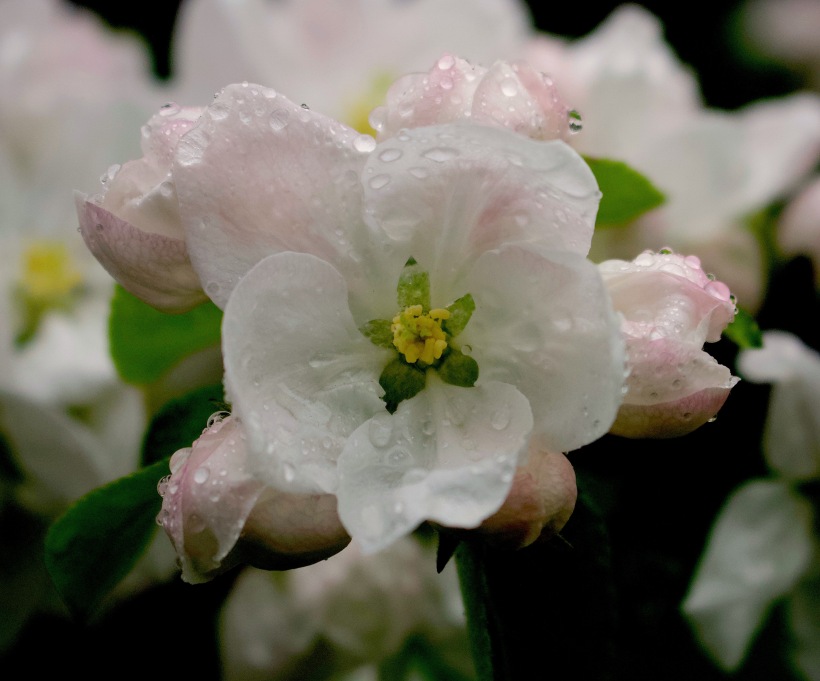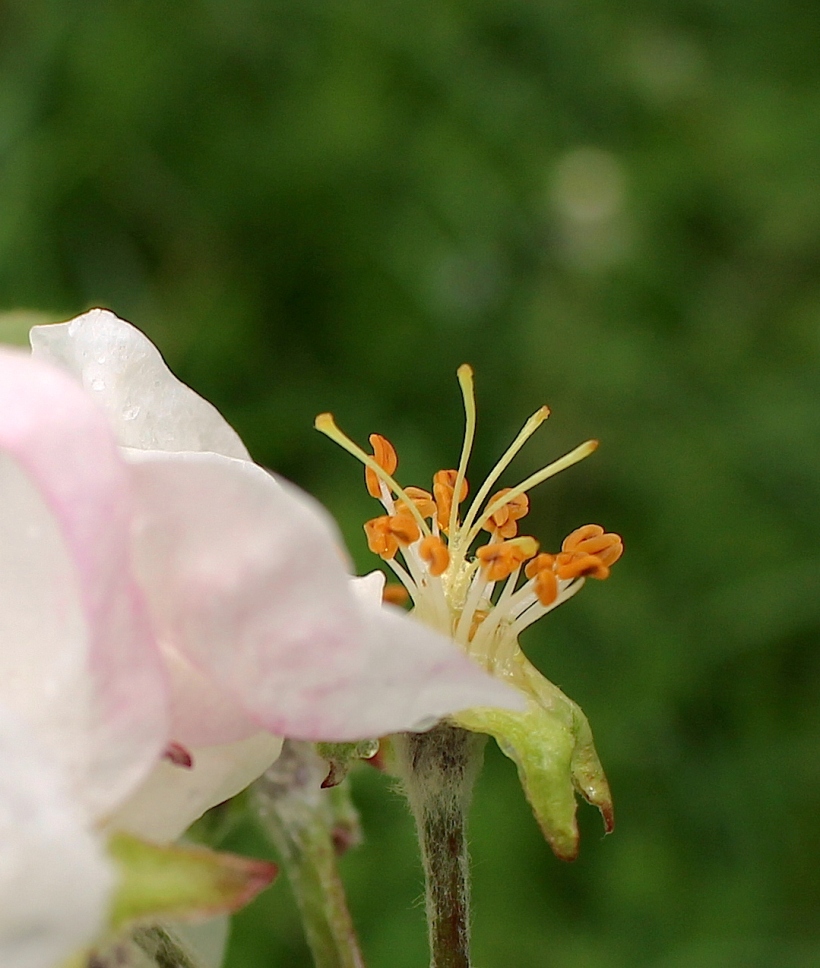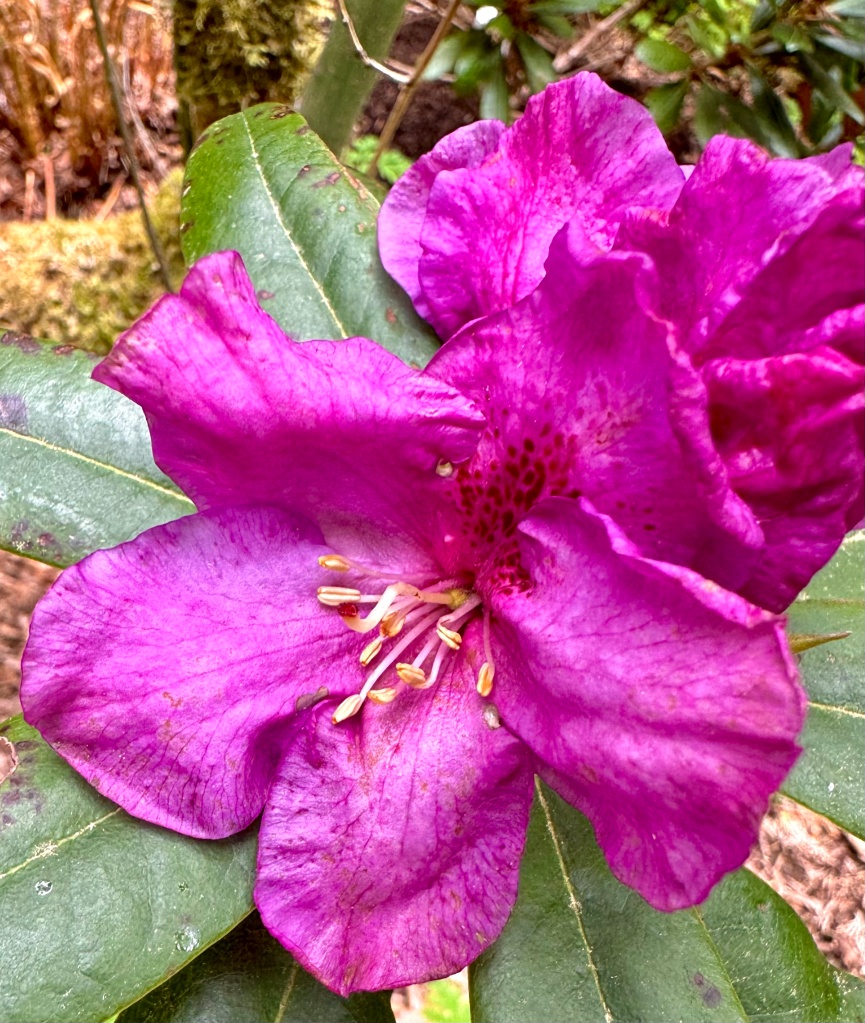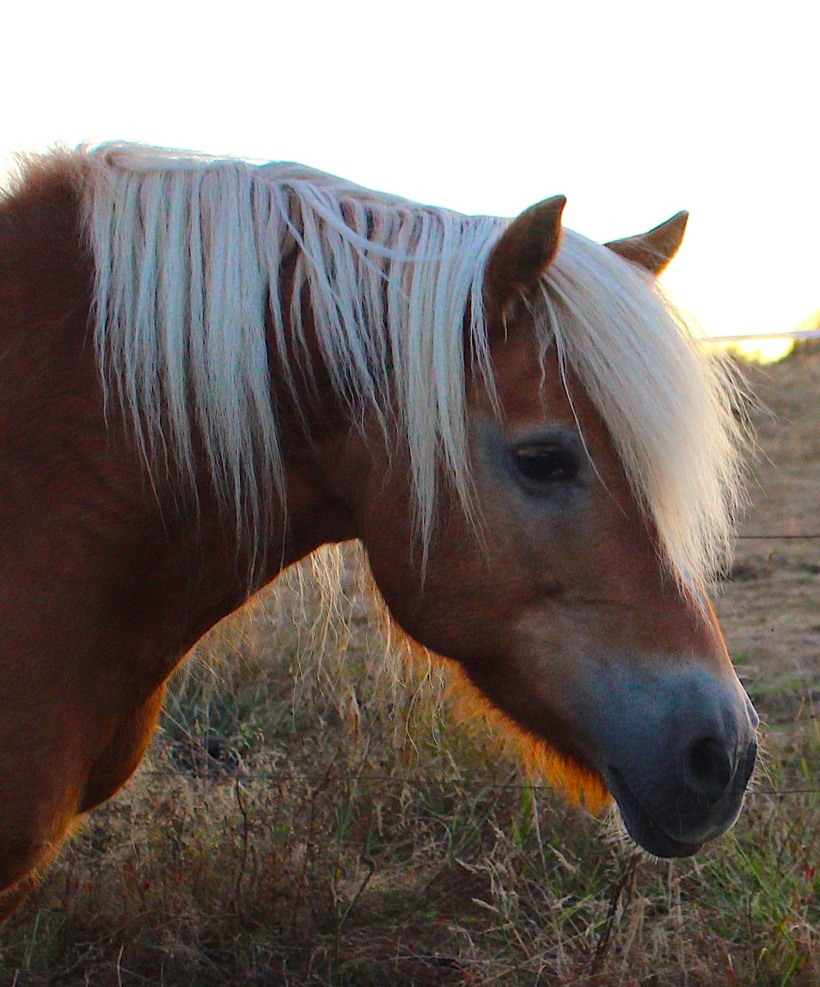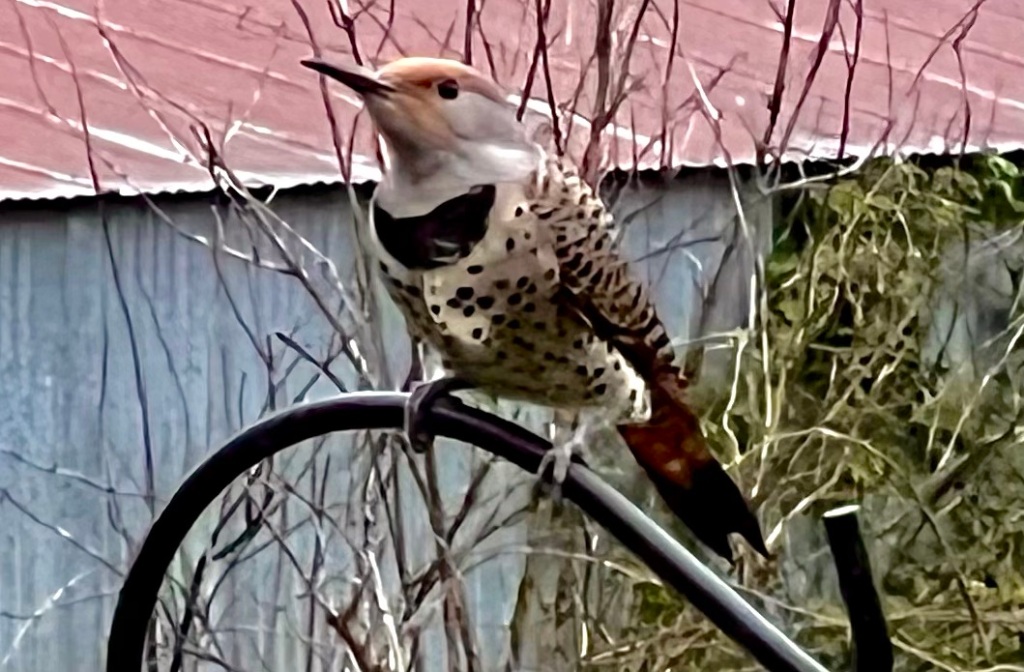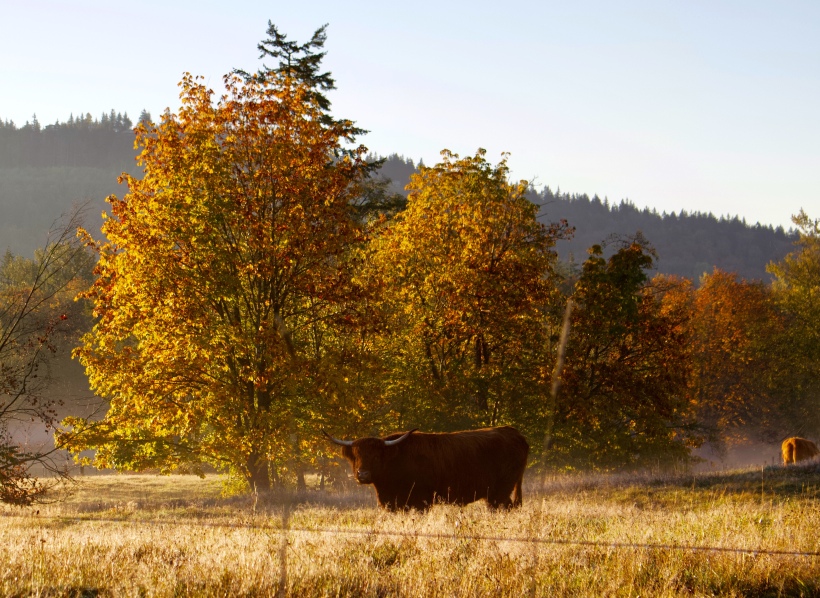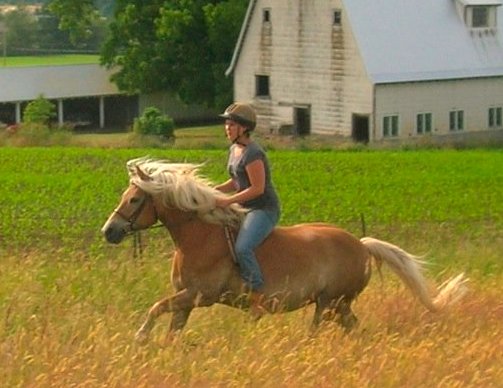


It doesn’t have to be
the blue iris, it could be
weeds in a vacant lot, or a few
small stones; just
pay attention, then patch
a few words together and don’t try
to make them elaborate, this isn’t
a contest but the doorway
into thanks, and a silence in which
another voice may speak.
~Mary Oliver “Blue Iris”


Thou art the Iris, fair among the fairest,
Who, armed with golden rod
And winged with the celestial azure, bearest
The message of some God.
~Henry Wadsworth Longfellow from Flower-de-Luce


To plunge headlong into
the heart of a blossom, its amber eyes
inscrutably focusing on your own,
magnified by a lens of dew.
Whose scent, invisible,
drowns you in opulence, and for which
you can find nothing adequate to say.
You sense that you are loved wholly,
yet are quite unable to understand why.
But then, you lift your face,
creased with the ordinary, to a heaven
that is breaking into blue,
and find your contentment utterly beyond
telling, unspeakable, uncontained.
~Luci Shaw from “Speechless” from Sea Glass


May your blooms be floriferous and in good form,
Distinctive, with good substance, flare, and airborne,
With standards and falls that endure, never torn.
May you display many buds and blooms sublime,
In graceful proportion on strong stalks each day,
Gently floating above the fans and the fray.
May you too reach toward the moon and stars,
Bloom after bloom, many seasons in the sun,
Enjoying your life, health, and each loved one,
Until your living days are artfully done.
~Georgia Gudykunst “An Iris Blessing”


Whenever I allow my eye to peer into
an iris, it takes all my attention:
I need a flotation device
and depth finder.
I’m likely to get lost,
sweeping and swooning
through inner space
of tunnels, canyons and corners,
coming up for air and diving in again
to journey into exotic locales
draped in silken hues
~this fairy land on a stem~
Patching a few words together,
I’m immersed in the possibilities,
blessed by such an impossible blossom.


Make a one-time or recurring donation to support daily Barnstorming posts
Make a monthly donation
Make a yearly donation
Choose an amount
Or enter a custom amount
Your contribution is deeply appreciated.
Your contribution is appreciated.
Your contribution is appreciated.
DonateDonate monthlyDonate yearly





















































